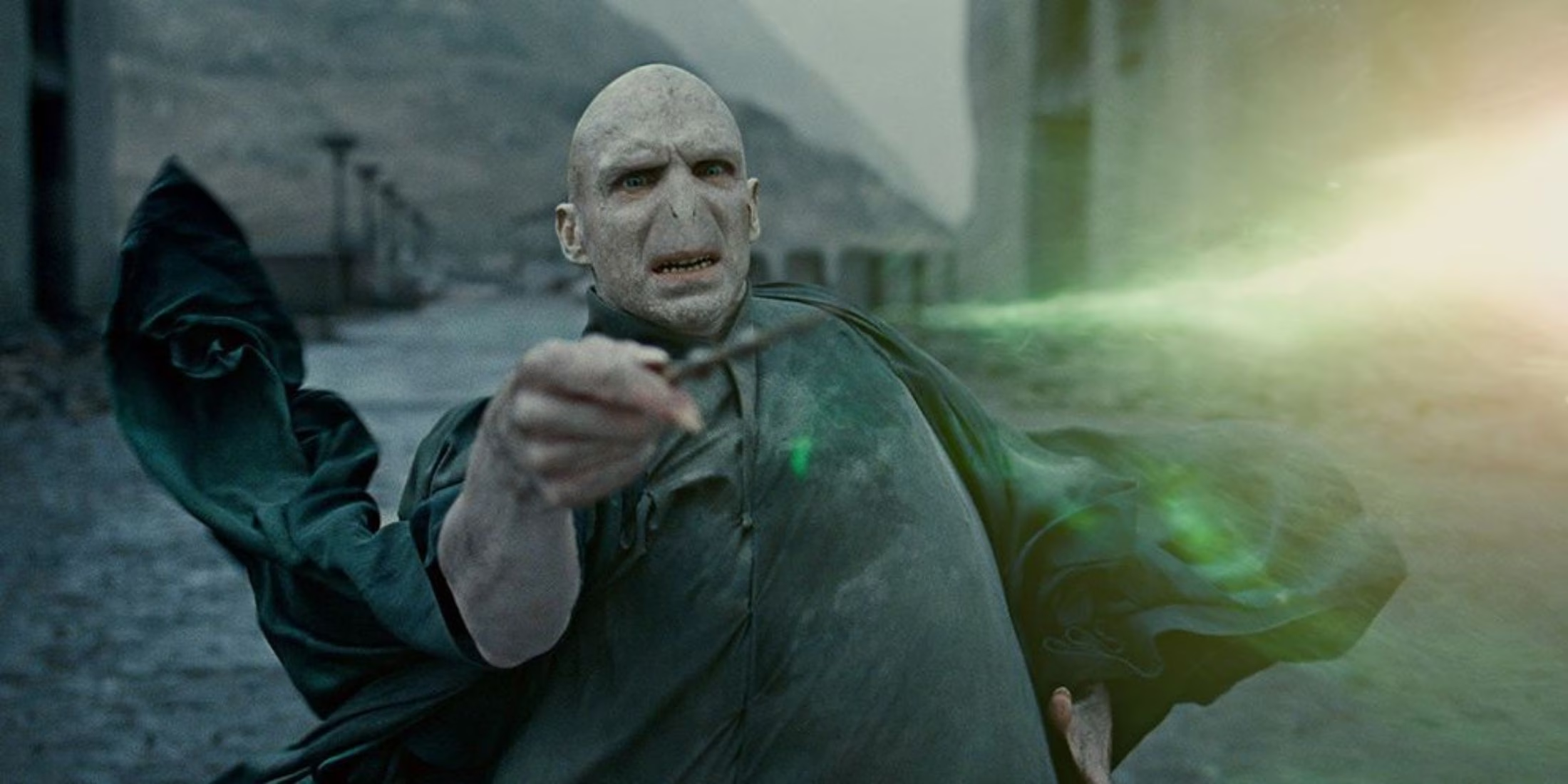As a devoted fan of the Wizarding World, I've spent countless hours immersed in Hogwarts Legacy since its release, and now in 2025, my excitement bubbles over as I ponder what a sequel could bring. The first game's 1890s setting was a breath of fresh air, whisking us away from Harry Potter's era into uncharted territory, but it only scratched the surface of the vast, enchanting lore we all crave. I can't help but dream about where Avalanche Software might take us next—will they dive deeper into history, leap forward, or explore global corners of this magical universe? The possibilities feel endless, and personally, I yearn for something that blends nostalgia with innovation, leaving me wondering long after the credits roll.
The Allure and Risks of the Second Wizarding War
Setting a sequel during the Second Wizarding War immediately sends shivers down my spine; it's a period I know intimately from the books, but experiencing it firsthand as a student amidst Voldemort's chaos could be electrifying. The thought of dodging Death Eaters while attending classes at Hogwarts fills me with a mix of dread and exhilaration—it would deepen interactions with peers and professors in ways the first game only hinted at. However, I worry about how this would limit my protagonism; if iconic characters like Harry Potter are around, it might overshadow my journey. Still, playing as a new hero subtly influencing events from the sidelines? That could be a masterstroke, adding fresh layers to a story I thought I knew inside out. It's a delicate dance between familiarity and freedom, and I'm torn on whether it would enhance or constrain the magic.
Venturing Beyond Hogwarts to Global Schools
One of Hogwarts Legacy's most tantalizing teases was Natsai Onai's background at Uagadou, sparking my curiosity about other magical institutions worldwide. Imagine stepping into Ilvermorny's grand halls or exploring the lush grounds of Castelobruxo—my heart races at the thought of discovering new cultures, spells, and creatures unique to these settings. It wouldn't just be a change of scenery; it could revolutionize the lore, introducing us to enchanting traditions and histories that feel utterly novel yet rooted in Rowling's world. Personally, I'd love to see how magic evolves in different societies, like the technological innovations hinted at in Mahoutokoro. This approach offers boundless narrative potential, making the Wizarding World feel truly global and interconnected in a way that excites and expands my understanding.
Deepening the 1890s Era

A direct continuation in the 1890s holds a special place in my heart. The first game left so many questions unanswered—why did my character start in fifth year? What's the full story behind Ancient Magic?—and sticking with this era could resolve those mysteries while building on the rich foundation already laid. I get goosebumps thinking about potentially crossing paths with a young Albus Dumbledore as an NPC; it would add depth to his character without overshadowing my adventure. Plus, developers have a treasure trove of assets to reuse, which might mean more polished quests and deeper character arcs. For me, this feels like a safe yet thrilling choice, as it preserves the game's unique identity while promising new twists that keep me invested in the narrative tapestry.
Journeying to Hogwarts' Founding and Beyond
Now, the idea of traveling back to Hogwarts' founding era genuinely ignites my imagination. Picture this: roaming the castle in its infancy, interacting with the founders themselves, and witnessing the birth of house rivalries—it's a historian's dream! I'd revel in uncovering secrets of Ancient Magic and seeing how wizards navigated threats like the Witch Hunts. This setting would feel raw and untamed, offering a stark contrast to the polished Hogwarts we know. Alternatively, leaping forward to a post-book future, perhaps inspired by Cursed Child, could showcase a modernized Hogwarts with magical tech innovations. While the latter might feel too distant, both eras promise to enrich the lore in ways that leave me pondering the evolution of magic long after I put down the controller.
Iconic Eras: Tom Riddle and the Marauders
Exploring Tom Riddle's school days or the Marauders' era strikes a deep chord with me. Being in the same corridors as young Voldemort could delve into his descent into darkness, answering lingering questions about his ancestry and motivations. It sends chills down my spine to think of influencing events subtly without breaking canon. Similarly, stepping into the shoes of a student during the Marauders' time—with James, Sirius, and the gang—would be pure joy. I'd adore seeing their pranks unfold and witnessing key moments like Snape and Lily's interactions. These periods are fan favorites for a reason, and a game here could add emotional weight, making me feel like part of the legend while respecting the established story.
Post-War Aftermath and Reflection

The aftermath of the Second Wizarding War is another compelling avenue. Rebuilding Hogwarts after the battle, with scars still fresh, would evoke a poignant sense of resilience and hope. I can almost feel the weight of that responsibility as a student helping to restore the castle, uncovering untold stories of loss and recovery. This era is ripe with narrative potential, allowing for deeper themes of healing and growth. As I reflect, I'm left wondering how Avalanche will choose—will they prioritize history, expansion, or character? Whatever path they take, I trust it will captivate, but the uncertainty keeps the magic alive in my mind.